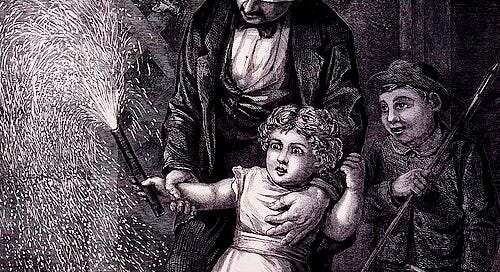Oh very young, what will you leave us this time?
You're only dancin' on this earth for a short while.
–Cat Stevens
Pundits frequently bemoan our nation’s geriatric national leadership. The average age of members of the House of Representatives today is nearly 58, of the Senate, 65. The current president will turn 80 next year. Senator Chuck Grassley, chairman of the Senate Judiciary Committee and third in line of succession to the presidency, will soon load his birthday cake with 92 candles.
Why does America have so many senior-citizen politicians compared to most other developed countries? Why are most elected representatives far older than those whom they represent? Money in politics is a major reason. Veteran legislators carve out fiefdoms with the help of loyal contributors and enjoy a job for life. The seniority system, in the House and especially the Senate, provides even more advantages to long-termers.
Voters, too, bear part of the responsibility. We’re always looking for the next wave, the new generation of public servants who will bring new ideas and a new sense of possibility to politics. When they come along, we often criticize them as too radical, impractical, or inexperienced.
It’s worth keeping in mind that the American Revolution was itself a youth movement, one that ushered in ideas that many then found novel, frightening, and far too radical. Break our bonds with Britain? Live in a country without a king? Impossible!
Thomas Jefferson was 33 when he wrote the Declaration of Independence. Many of the ideas of the Revolution came from the young, and much of the fighting during a long and brutal war was endured by youthful soldiers.
Nathanael Greene, the most accomplished of Washington’s generals, was 34 when it started. John Jay was 30, James Madison 24, Alexander Hamilton only 20. James Monroe took on the duty of an officer at the age of 18. The average age of the members of the Second Continental Congress was 44, the same age as the Commander in chief, George Washington.
Members of the rising generation were eager to join the Revolution. For more than ten years, their elders had been pestering the British Parliament to stop interfering in colonial affairs and especially to relieve them of high taxes imposed without the colonists’ consent. King George had answered them with the back of his hand. He then sent a massive military force across the ocean to chastise them.
The young people of 1776 had been brought up during the Enlightenment, a movement that had been growing in Europe for a century and more. No longer did thinking people have to be shackled to the superstitions and traditions of worn out feudalism. Rationality offered a new approach to knowledge. Science made progress seem inevitable.
The young revolutionaries did not just reject the past, they provided an alternative. In the Declaration of Independence, Thomas Jefferson famously stated, “All men are created equal.” This was the antidote to an outdated system of monarchy and aristocracy. It smashed the so-called divine right of a handful of people to rule the rest.
Some critics have diminished the importance of the Revolution by pointing to the hypocrisy of such an assertion in the light of widespread slavery. They note the exclusion of women and the poor from a voice in the government. Certainly it took a lamentably long time for the rights declared in the founding era to be afforded to all citizens. But there had to be a beginning.
Another important notion circulating among the young was “liberty.” Freedom has a particular appeal to those facing a future teeming with possibilities. The Revolution really did offer the chance, as Thomas Paine declared, to “begin the world over again.” And the ideals of America — the notions of liberty, equality and human rights — have, over the past 250 years, spread to nations around the globe.
Every Fourth of July, as skyrockets blossom in the night sky, we have an opportunity to dwell for a moment on the ideals of our founding. Perhaps, now more than ever, it’s also a time to turn our eyes to another generation, young and idealistic and ready to face the problems that beset our world. It’s a time to renew our faith in them, our hope that they will continue the difficult and daring work that is needed to sustain our nation’s treasured principles.
Happy Independence Day!
Get a helping of Revolutionary history:
Coming January 2026! Pre-order now.










Happy July 4th Jack (and Joy). As usual, you have clarified our current national dilemma and offered a glimmer of hope. Overcoming the MAGA Cult will not be easy, but it will get done.
Fear of the future or faith in the future - which side are you on?
Thanks, Jack!